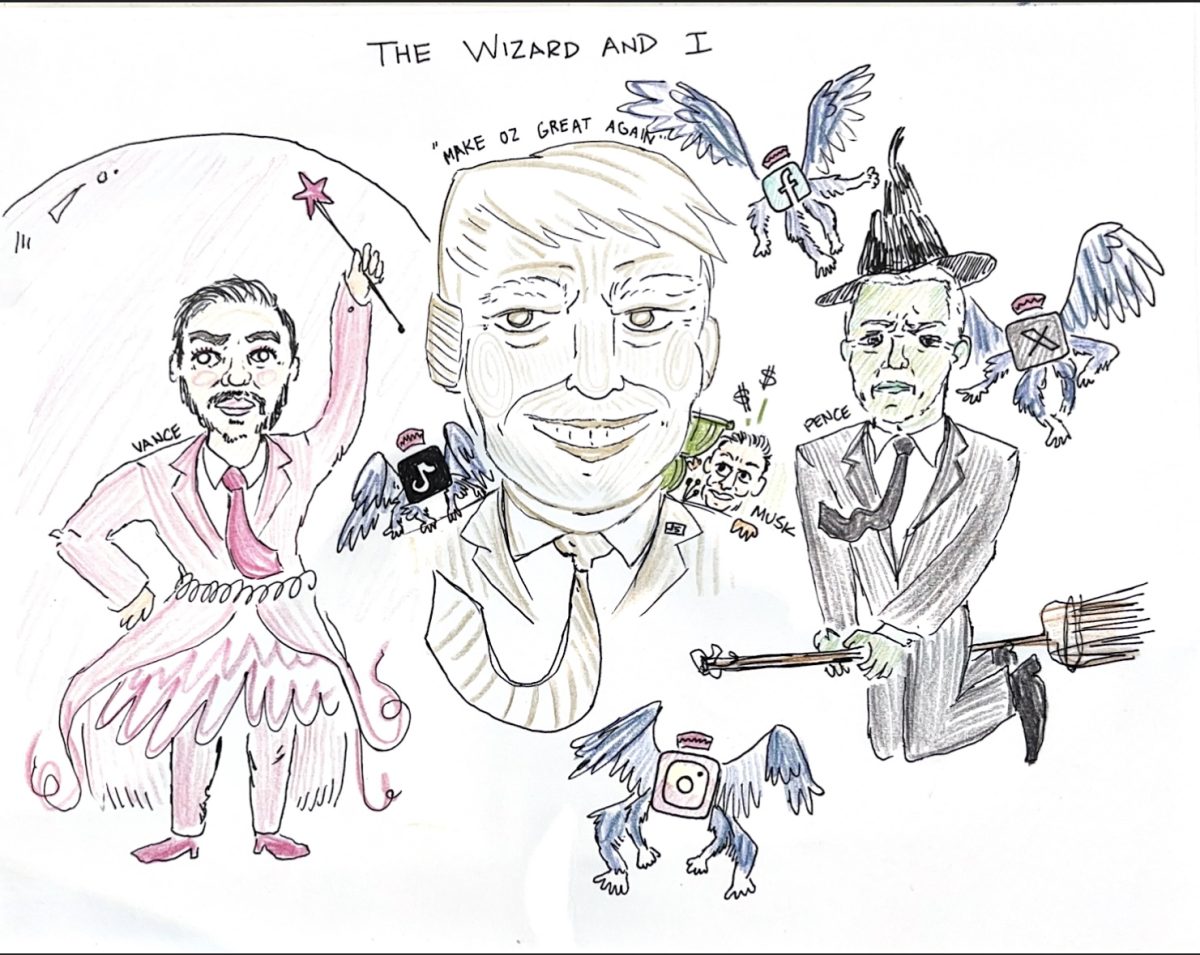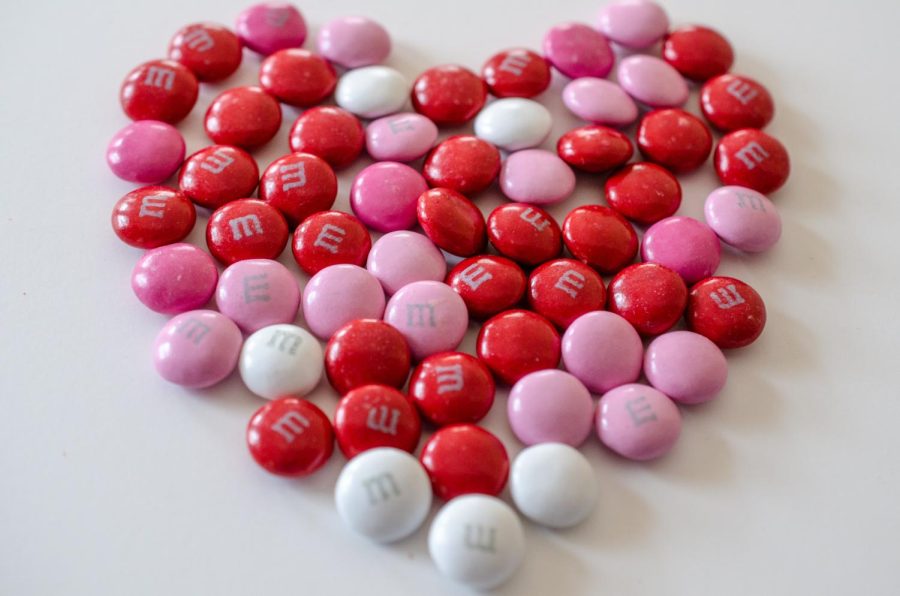As a child, I attended countless games with my family at the beloved Minute Maid Park, home ballpark of the Houston Astros in Major League Baseball. Clad in orange and navy, my younger brother and I cheered until our voices went hoarse as we listened to our father recount tales of the Astros’ glorious history. We threw popcorn at each other, marveled at the famous train filled with oranges, and forgot to cover our ears during the deafening fireworks that accompanied each home run.
My enthusiasm peaked in 2017 when the Astros won the World Series. I remember waiting in anxious anticipation, glued to the TV in our living room, daring to hope that victory might finally occur. After the final out, my family erupted into cheers, hugging, high-fiving, and grinning for what seemed like hours. To third-grade me, it was one of the best days ever.
Even after the exposure of the sign-stealing scandal, my family continued to support the team. It was about more than just baseball—the team was, and still is, inextricably linked with memories of family, community, and childhood bliss.
This year, on Nov. 18, the Astros’ management announced that Minute Maid Park will be renamed Daikin Park after a subsidiary of the Japanese conglomerate purchased the stadium’s naming rights. Daikin Park will join the long list of names for the Astros’ stadium, including The Ballpark at Union Station, Enron Field, Astros Field, and, finally, Minute Maid Park in 2002 following the Enron accounting scandal. This decision is not as simple as a name change. By discarding the most iconic parts of the stadium, millions of Houstonian memories, including mine, have been sentenced to a chilly fate.
Much of what makes the experience of Astros baseball so special lies in the stadium’s uniqueness, which amplifies the joy of a particularly hard-fought victory. At home, I behave relatively calmly during games, breaking the silence only occasionally to let out an excited cheer, but when I’m at Minute Maid Park, my enthusiasm is unmatched. I high-five strangers, cheer and boo earnestly, laugh along with the alien mascot Orbit’s antics, and celebrate the home run train.
Many fans have speculated about the train’s destiny following the name change. Given the characteristic oranges’ association with Minute Maid, the unique feature could be in jeopardy. If the train were removed, I would be devastated. It not only represents the city’s history—through a nod to Union Station, which now serves as an entrance to the stadium—but also serves as a quintessential representation of the Minute Maid Park experience.
Bobby Vasquez, the train’s conductor, who is also known as “Bobby Dynamite,” rallies and entertains the crowd with an unparalleled ease that the park’s jumbotrons fail to emulate. The absurdly large fake oranges, adjusted in size to appear as normal fruits from afar, match the team’s colors and lend a comical aspect to the feature. The oranges will almost certainly be removed with the name change, but I struggle to imagine even an adequate replacement to represent Daikin, a leading air conditioning company. What will they fill the train’s car with now—an assortment of window units?
As much as our city loves air conditioning, Minute Maid Park fits the team, city, and fans in a way Daikin will never equal. The name change represents the end of an era for the Astros, one that contains what may come to be known as the Golden Age of Astros baseball. During the stadium’s time as Minute Maid Park, the team has been to the playoffs eleven times, making up more than half of the Astros’ total playoff appearances. Of those playoff appearances, five have included a trip to the World Series, two of which resulted in victory. One day, we will look back on the past two decades as the “good old days,” overlooked by none other than Minute Maid Park.


















KingCash • Mar 27, 2025 at 3:05 PM
Should be an American purchasing the rights to name the Park. Not a foreign country.
Steve • Feb 15, 2025 at 10:11 AM
This is evermore emblematic of a sad reality. Whether MLB, NFL, NBA, or
the host of NCAA teams and stadiums; I have no ability to connect any facility to a city or a team nor the desire to figure it out.